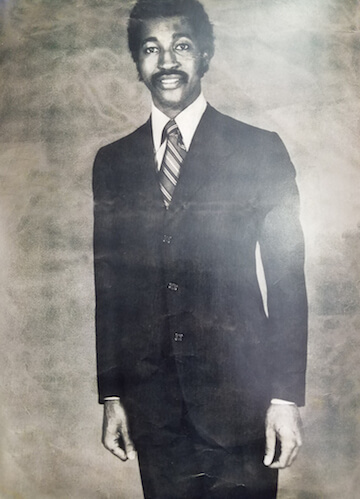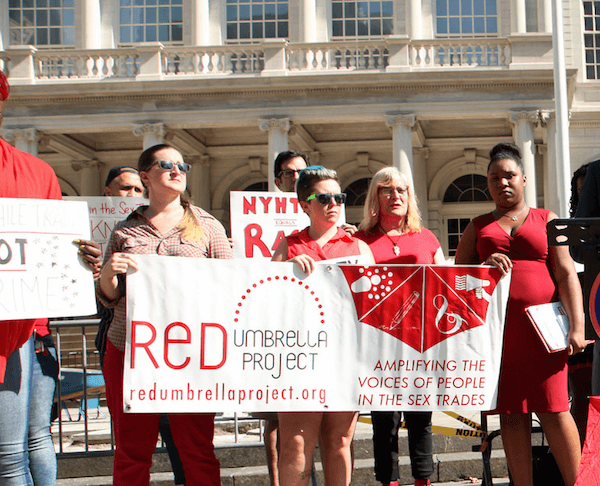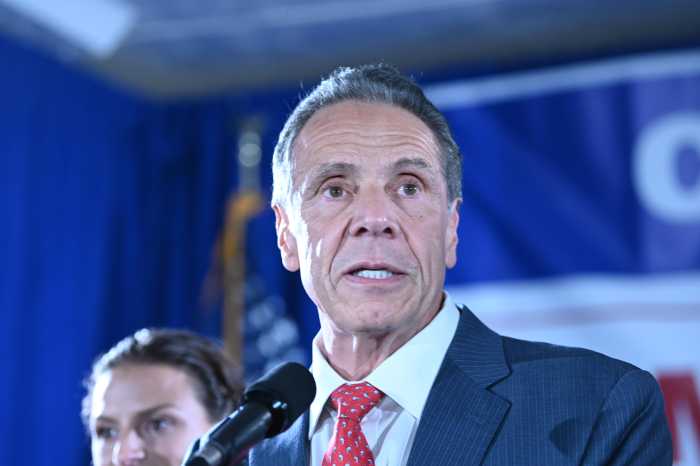The Manhattan raid was carried out midday, with newspaper photographers and TV camera crews conveniently on hand to record law enforcement agents exiting rentboy.com’s 14th Street office, evidence in hand. Homeland Security led the charge, and the NYPD backed them up. Police Commissioner Bill Bratton was quoted as shocked, shocked, shocked such a “racket” was happening in his Casablanca. Kelly T. Currie, the acting federal prosecutor in Brooklyn who stepped in after the departure of Loretta Lynch, now the US attorney general, ripped into the “Internet brothel[’s]… veneer of legality.”
Even though the Manhattan-based rentboy is being prosecuted in the US Eastern District of New York, in Brooklyn, rather than Preet Bharara’s Southern District in Manhattan –– perhaps he had bigger fish to fry? –– Currie thanked Manhattan District Attorney Cy Vance’s office (embarrassingly, Vance later asked that his name be removed from Currie’s press release). Currie also thanked the federal Drug Enforcement Administration. Somehow the suggestion that money-laundering might be involved found its way into some of the reporting on the raid.
All we were spared by way of spectacle were perp walks, with the seven arrestees frog-marched in front of the cameras.
In a 22-page complaint and affidavit filed by Homeland Security Special Agent Susan Ruiz in support of the arrest warrants, we read an awful lot about the sexual desires rentboy.com’s customers could expect to satisfy by hiring escorts who advertised there. A page and a half listed the “primary interests” escorts chose from when putting their profiles together –– ranging from “vanilla” to “watersports” and “scat” to “diapers,” “fisting,” and “PNP.” “Brandon” offers clients who come to his Brooklyn locale a “sling and rimchair” –– items that Agent Ruiz was able to explain “based on my investigation.” Another Brooklyn escort, “Master Lebeau” offers “10 irresistible inches // long & strong.”
There’s no point in challenging Homeland Security and the federal prosecutor’s assertion that rentboy did, in fact, operate under a thoroughly porous veneer of legality, but it’s also a linguistic stretch to describe the business as a brothel. Rentboy operated no physical venue and, from everything we know, took no cut of the escorts’ income and exercised no control over their lives. Instead, it acted as a broker, one that offered its advertisers a whole lot better economic deal than reports suggest Uber provides to its drivers.
What are the usual arguments against prostitution –– other than the simple moral claim that trading sex for money is abhorrent? Brothels can lead to a decline in a neighborhood. Sex workers are exploited by their pimps. Children are sold into sexual slavery. None of these is a factor in the type of enterprise rentboy runs. In fact, examination of the site and conversations with escorts who advertised there suggest that the business model offered them protection from the violence that plagues other segments of the sex industry while giving them economic independence and well-being. Clients of the escorts, too, enjoyed an unusual level of transparency in choosing which escort to engage.
In place of the usual objections to prostitution, we are offered salacious details of gay men’s sexual appetites. It’s hard not to conclude that law enforcement crafted the complaint and affidavit to appeal to popular disgust with the activities described. This may have been calibrated to incite visceral homophobic attitudes or it might simply have reflected more general American squeamishness about the mechanics of sex.
On top of all this, we also get the hint that drugs and money-laundering might be part of the mix, as well –– though the complaint and affidavit makes no case for either being a factor.
With Homeland Security tasked first and foremost to keep this nation safe in an era when non-state actors have ready means to terrorize communities anywhere and with sexual trafficking and child exploitation true humanitarian crises, it is unconscionable that significant government resources are targeting a website that brings the security and convenience of the sharing economy to the consensual sex industry.
Having put out the suggestion that drug trafficking and money laundering played a role here, law enforcement now has an obligation to come clean about those questions. Absent that, what we have here is a simple case of massive government overreach. Both the Obama Justice Department and Mayor Bill de Blasio’s police department owe the public an explanation as to why scarce government resources were squandered in this intrusive Keystone Cops caper.



































